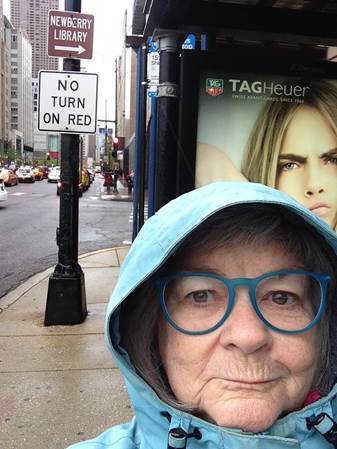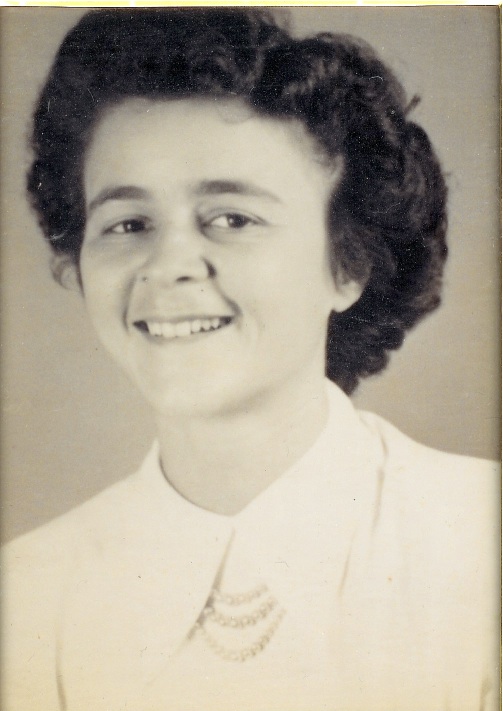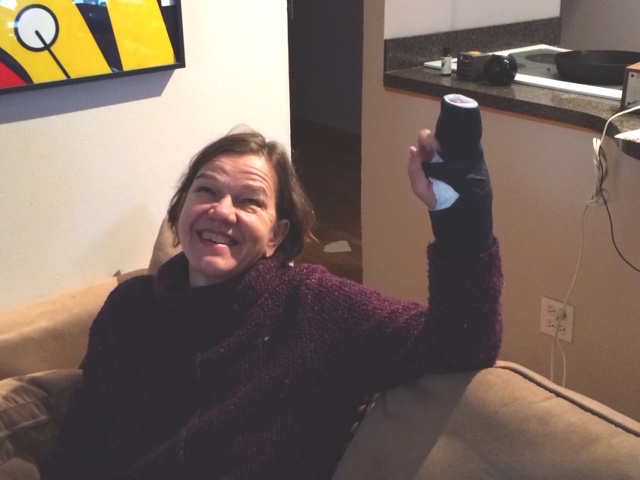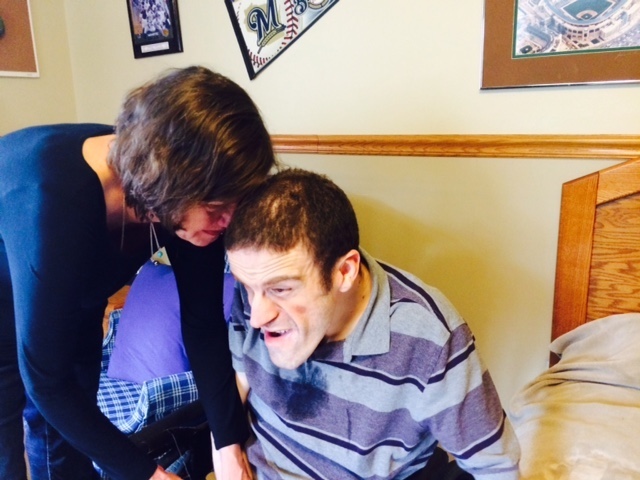Guest post: Falling in love with Itzhak Perlman
January 9, 2016 • 20 Comments • Posted in careers/jobs for people who are blind, guest blog, memoir writing, UncategorizedOur regular blog readers will remember the You read that out loud in class?” guest post Regan Burke wrote for us about the value of honesty in memoir-writing. Regan is a civil rights activist,and she’s enrolled in the memoir-writing class I lead at Grace Place in Chicago. When I discovered she’d been at that same Itzhak Perlman presentation I attended Wednesday, I asked if she’d write about it from her point of, ahem, view. Here she is:
I stepped off the bus thanking the bus driver for lowering the step (as I always do) and in the silence of the moment paid homage to whoever it was who included my old knees in the Americans with Disabilities Act.
It was a sunny climb up the Randolph Street sidewalk toward the Harris Theater just before noon on Wednesday, January 6. My friend Marca Bristo — President and CEO of Access Living — was about to interview Itzhak Perlman marking the end of a year-long celebration of the 25th anniversary of the Americans with Disabilities Act.
I wondered how she got to be so lucky.
Accessibility to the floor seats at the Harris Theater is via an elevator at the end of a long hallway. My elevator mates were three: one mink-draped, Channel-No.5-soaked human statue; a cheery diminutive, bow-tied middle-age man with leg braces; and a talkative cherub of a woman whom I pegged as having one of those not-so-silent “silent” disabilities.
We were escorted to our seats. No stairs. The Harris is a dark place even with the lights up, but this day the half-full theater was lit with happy chatter.
I thought, this is our guy and he is here to talk to us. Itzhak Perlman. Mr. Violin. Talking to us. Us! What a deal.
Marca Bristo rolled to center stage in an exuberant flash. She calmed herself to introduce the maestro and we erupted in joy and gratitude. He sped on the stage in his chic motorized scooter, dressed in an Italian black blazer, navy trousers, light blue shirt, no tie. That black curly hair we first saw on Ed Sullivan when he was a kid has turned foxy grey. We gasped at the sight of his beauty.
Thank you Maestro. Thank you for who you are, what you’ve accomplished, how you’ve helped us with your music, your joy, your love. We love you.
True to her grassroots advocacy, Marca posed the first question of the interview from an Access Living FaceBook follower.”This is our time with you, Itzhak. We have a few questions,” she said, starting with the first on her list. “Did you take a lot of selfies at the White House with Barbara Streisand and Stephen Spielberg?”
Marca added that Perlman received the Presidential Medal of Freedom award in November with Streisand, Spielberg, and others. Dear Itzhak bypassed the question and told us what a privilege it was to be with fellow honoree Willie Mays.
Oh how we loved that. Our maestro is a baseball fan.
He told us implementation of the ADA needs constant vigilance, that “steps were the curse of the world” for him. He never thought of himself as disabled until the media described him walking on stage with crutches early in his career. As a child he “filled the air with notes” to make his parents happy that he was practicing his violin. And for our brief time together his orchestral voice filled the air with words that made us happy, too.
Bravo Maestro.




